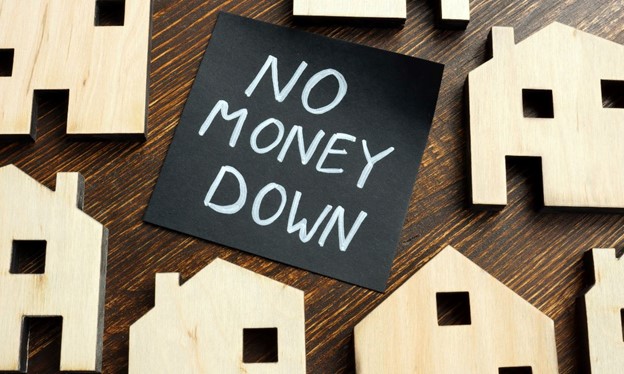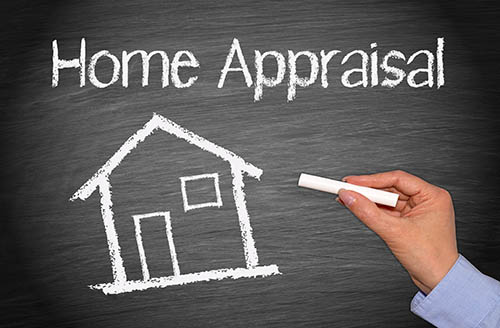 “No-deposit” mortgage deals for first-time buyers refer to mortgage options that allow buyers to purchase a home without having to put down a deposit or a down payment. Here are the pros and cons of such deals:
“No-deposit” mortgage deals for first-time buyers refer to mortgage options that allow buyers to purchase a home without having to put down a deposit or a down payment. Here are the pros and cons of such deals:
Pros:
Lower upfront costs: The most significant advantage of a no-deposit mortgage is that it eliminates the need for a substantial upfront deposit. This can be beneficial for first-time buyers who may struggle to save a large sum of money for a deposit. It allows them to enter the property market sooner.
Increased affordability: With a no-deposit mortgage, first-time buyers can purchase a home with a smaller amount of savings. This can make homeownership more accessible, especially in areas where property prices are high.
Potential investment opportunities: By utilizing a no-deposit mortgage, first-time buyers can allocate their savings toward other investments or use the funds for home improvements. This flexibility may provide opportunities for additional financial growth.
Cons:
Higher borrowing costs: No-deposit mortgages typically involve higher borrowing costs, including interest rates and fees. Lenders often consider these deals riskier, so they may offset the risk by charging higher interest rates or requiring additional insurance or guarantees.
Limited mortgage options: No-deposit mortgage deals are not as widely available as traditional mortgages. Lenders may have specific eligibility criteria or restrict the types of properties that qualify for these deals. The limited options can make it more challenging for first-time buyers to find a suitable mortgage arrangement.
Negative equity risk: By not providing a deposit, buyers immediately start with little or no equity in their property. If property prices decrease, there is a higher risk of falling into negative equity. Negative equity occurs when the outstanding mortgage balance exceeds the value of the property. This can be problematic if the buyer wants to sell or remortgage the property in the future.
Stricter eligibility criteria: Lenders offering no-deposit mortgages may impose stricter eligibility criteria. They may require a higher credit score, proof of stable income, or additional financial commitments. First-time buyers with a limited credit history or irregular income may find it more difficult to qualify for these deals.
Long-term financial implications: Opting for a no-deposit mortgage means taking on a higher level of debt. Buyers must carefully consider their long-term financial situation and ensure they can comfortably afford the mortgage repayments. Failing to do so could result in financial strain or difficulties in meeting future financial goals.
It is essential for first-time buyers to thoroughly research and assess their individual circumstances before committing to a no-deposit mortgage. Consulting with a mortgage advisor or financial professional can provide further guidance and help make an informed decision.
 When you are buying a home, you may run into a number of hurdles to complete the purchase. One of the items that you may be asked to purchase is called private mortgage insurance, often shortened to PMI. This is a unique insurance policy that your lender, such as the credit union or bank, may ask you to buy in order to protect themselves. In this insurance policy, the bank protects themselves against losing money if you end up defaulting on your loan.
When you are buying a home, you may run into a number of hurdles to complete the purchase. One of the items that you may be asked to purchase is called private mortgage insurance, often shortened to PMI. This is a unique insurance policy that your lender, such as the credit union or bank, may ask you to buy in order to protect themselves. In this insurance policy, the bank protects themselves against losing money if you end up defaulting on your loan. Appraisers consider several factors when valuing a house to determine its fair market value. The goal of the appraisal is to provide an unbiased and accurate assessment of the property’s worth.
Appraisers consider several factors when valuing a house to determine its fair market value. The goal of the appraisal is to provide an unbiased and accurate assessment of the property’s worth.